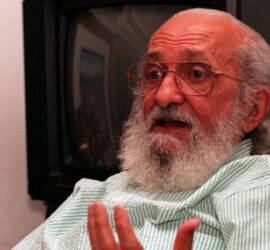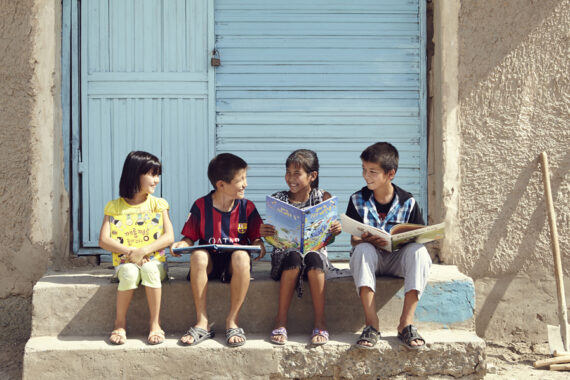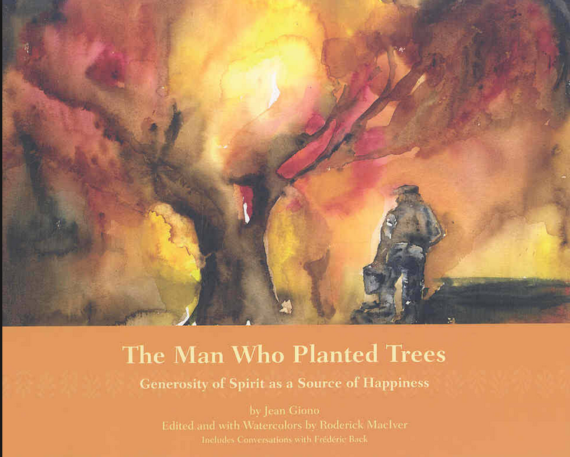The English word father has come from the Proto-Indo-European root pəter – which is also related to Sanskrit pitar (पितर), Greek and Latin pater and Old Farsi pita. The Greek word for father is pappas, from which we get papa, pope and papal – which means ‘relating to the pope’ – as in […]
It was August of the year 1856. Summer was turning to autumn in Elberfeld, a small town in western Germany. Johann Carl Fuhlrott, a teacher at the local high school and an amateur naturalist and fossil collector, was heading purposefully in the southwest direction. A few days earlier Fuhlrott had […]
Digantar, as a school, started in 1978 and was registered as an organization in 1989. So I cannot tell you everything that Digantar did or which we learnt, or what Digantar’s various kinds of activities were. I am going to deliberately select a few things which I believe might be […]
The term ‘critical thinking’ is often used in modern educational discourse. In the NCF 2005, for instance, it is mentioned more than 25 times.[1] But what is critical thinking? Is it possible to define it? And what about indoctrination? Can we list the necessary and sufficient conditions for it? Critical Thinking […]
Did you know: Before coins and other forms of token money were invented, many societies commonly used cattle as currency and an indicator of wealth. In India, for instance, the term pasu-dhan (पशु-धन) has been in use since ages; in Ireland, “cattle…were used as currency up to around 1400 CE, long […]
This essay is divided into four sections. Section one provides an account of the life of Erasmus till the year 1516 – when he published The Education of a Christian Prince. It also attempts to outline the social and political context in which the book was written, as well as […]
Humans are born with no vocabulary – the newborns are either silent or they cry. In a few weeks, however, they learn to use their cries and a few other sounds, differently enough, to make them convey hunger, happiness, pleasure, discomfort and pain; and mothers and other caregivers too, learn […]
“The Mopla community in Andaman and Nicobar Islands,” United News of India reported on 29th April 2008, “is demanding proper recognition for their heroes, who played an indispensable role in India’s freedom movement.” [1] As I surveyed the newspapers for a ‘history problem’ of contemporary interest, which could be used […]
A friend recently requested me to share resources that would help her set up and run a small library for children. I believe a good library – which doesn’t mean a ‘large’ but a ‘well-run’ library – can have transformative effect on individuals, children and adult alike. If you have […]
“Before [people] ever wrote in clay” it has been said, “they cast their words in verse and line, rhythm-bound in poets’ minds, defying time and age.” Most civilizations around the world have had long poetic traditions, carried forward by men and women with a passion to paint and depict their […]
Reading Social Interaction and Everyday Life (Giddens, 2005), one comes across the sentence: “It has been suggested that gender relations in modern societies are becoming more equal. If this is so, then there should be signs of such growing equality in the everyday non-verbal behaviour of men and women.” (p. […]
A report based on the deliberations of the Working Group for Higher Education in the 12th Five-Year Plan (2012-17), titled Inclusive and Qualitative Expansion of Higher Education (2011), identified “access and expansion, equity and inclusion, and quality and excellence (p. 2)” as the “triple objective” for Indian higher education in […]
In our urgency to ‘achieve results’ (or, in reality, perhaps to ‘show results’ to others) we often tend to forget the miracles that slow, consistent and assiduous work can achieve. The Man Who Planted Trees, published in 1953, is a story of a French shepherd, Elzéard Bouffier, who brings about […]
Did you know: Latin nebula (mist or fog), Sanskrit nabhas- (cloud, mists, sky) and Greek nephos (cloud) all come from the same root word. Sanaskrit nabhas- later evolved into nabh (नभ) in Hindi, used, for instance, in these famous lines from Harivansh Rai Bachchan’s Madhushala (मधुशाला) तारक मणियों से सज्जित नभ बन जाए मधु का प्याला सीधा […]
Dhir Jhingran: I want to first do a quick recap of the education scene from the side of the government over the two decades or so that I have been associated with it. The National Policy of Education had several schemes: the DIETs (District Institute of Education and Training); PMOST (Programme of Mass Orientation of […]

















